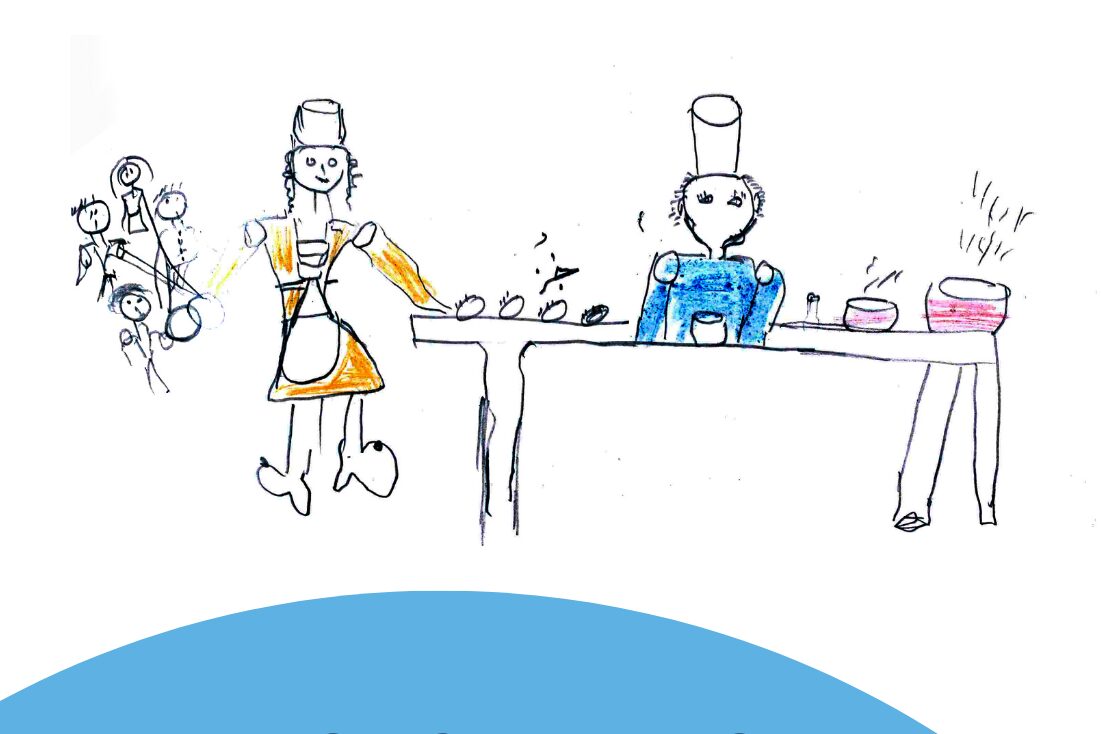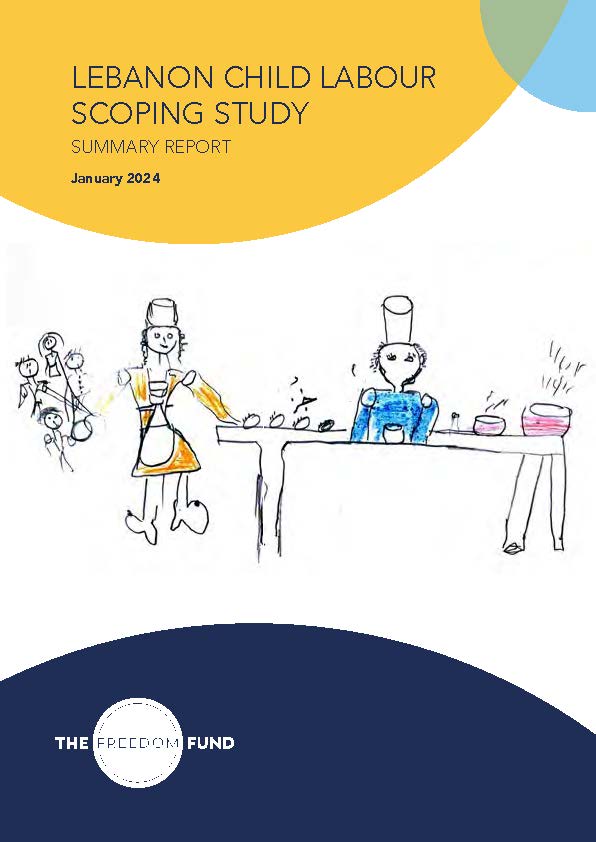By Sonia Martins
Senior Program Manager
Even though Lebanon has coped with years of civil war, it is the last decade that has been most challenging with the compounding of crises: a crippled economy, massive job and salary cuts, staggering levels of inflation and the collapse of the banking system that has led to hundreds of thousands of people losing access to their savings, and deprived many more of their livelihoods.
This situation forced many Lebanese families – and already-vulnerable Syrian and Palestinian refugees – to resort to coping mechanisms that are often harmful to individuals’ well being, including the worst forms of child labour.
The Lebanon Child Labour Scoping Study commissioned by the Freedom Fund in 2023 identified Tripoli, Beirut, and the Bekaa Valley as three significant hotspots of high prevalence of the worst forms of child labour (WFCL). Child labour is not new in Lebanon, but it has taken on exacerbated exploitative forms, including instances of individuals who facilitate the exploitation of children.
In rural areas, such as the Bekaa Valley, this includes physically hazardous agricultural work, alongside possible debt bondage to middlemen who secure employment for the child. In urban centres, children are engaged in street-based work, such as begging and scavenging. Many children work – including in established small businesses – in direct violation of Lebanese labour laws, performing physically demanding tasks for long hours and with very limited pay, if any. The study also points to a possible increase in children being trafficked into illegal activities, such as drug trafficking and sexual exploitation.
Careful humanitarian responses to address the immediate needs of families in distress is critical, but challenging the causes and structural barriers that lead to, or maintain, the exploitation and servitude of children must be the priority for civil society organisations, in partnership with government and other critical stakeholders.
The Freedom Fund focuses on supporting frontline organisations and working closely with impacted communities that can support children and families. At the same time, the Freedom Fund also engages the government and relevant actors including employers, to deliver on essential services and bring positive system changes.
This year, the Freedom Fund will be providing small grants to local partners in Lebanon to learn from their experience and interactions with communities. This will include strengthening partners’ support to children and families affected by WFCL; facilitating access to referrals for health, counselling, educational or any other services for working children; strengthening the economic resilience of vulnerable families; and improving child protection services at community level while also engaging the government to prioritise the issue and deliver on critical services.
The focus of this initial program is to learn more about the issue and the potential for system change in Lebanon. During the next nine months, we aim to create a safe space where it is possible for partners to work collaboratively, allowing for the co-development of a strategy to inform a potential implementation program. At the core of this process is a commitment to listen and learn from local partners about what works to reduce children’s vulnerability to exploitation. Doing so in a context of protracted crisis, ongoing economic stress, increased tensions between host and refugee communities, and within poor and unsupported governance structures, will be a challenge; but one that should shed light on the multiple and interrelated factors that lead to child servitude and exploitation.
Read the full report:




